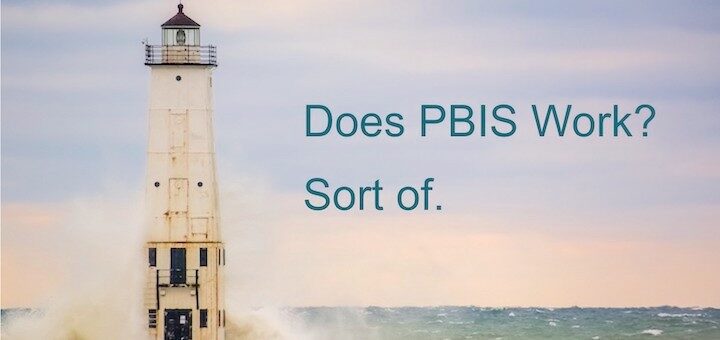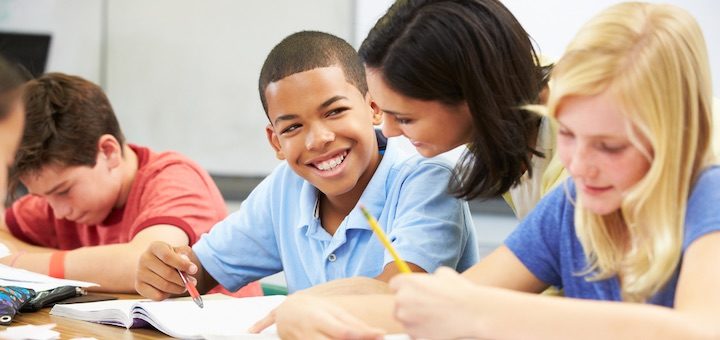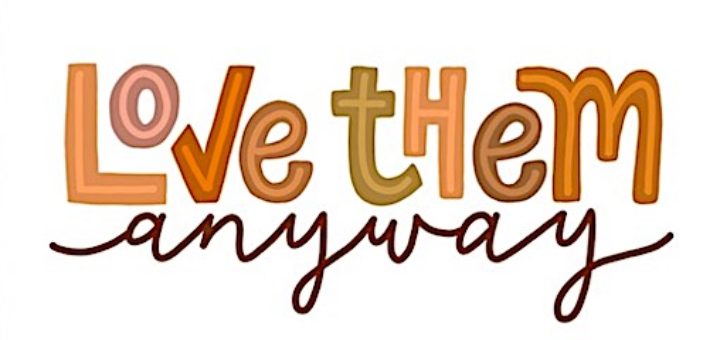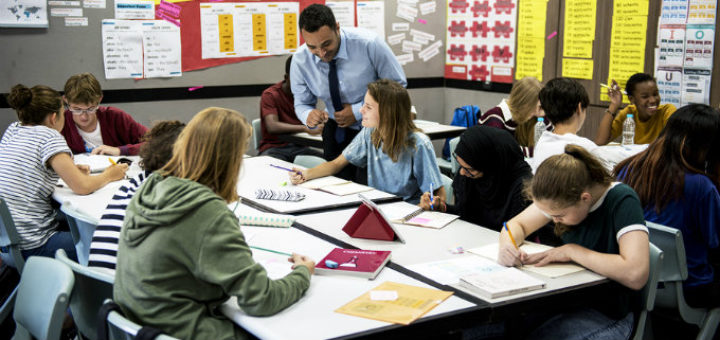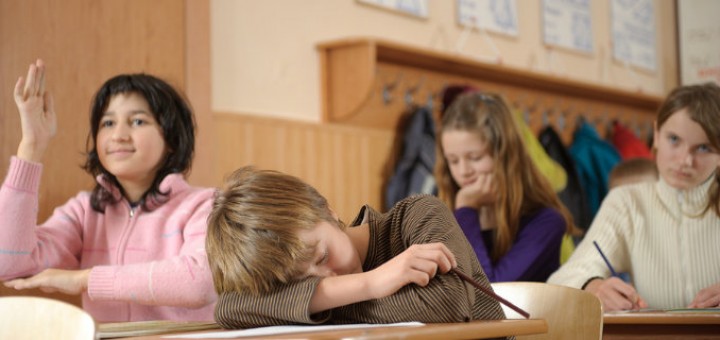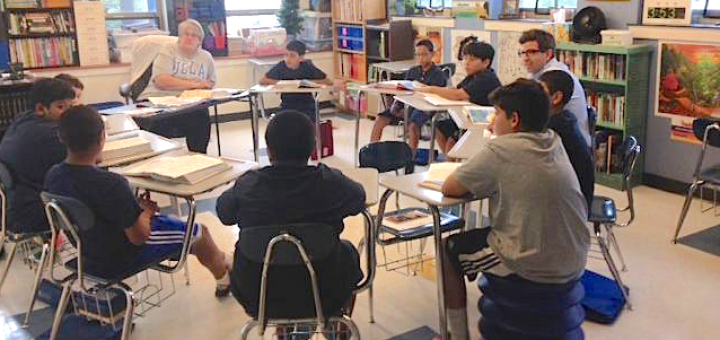Why It’s Hard to Teach & Parent Middle Graders
Working with kids in the middle grades has never been harder. We can’t do it alone. Building trust between parents and teachers is crucial, writes middle level leader Jody Passanisi. “When there’s trust, we can work together to support kids through challenges and successes.”




